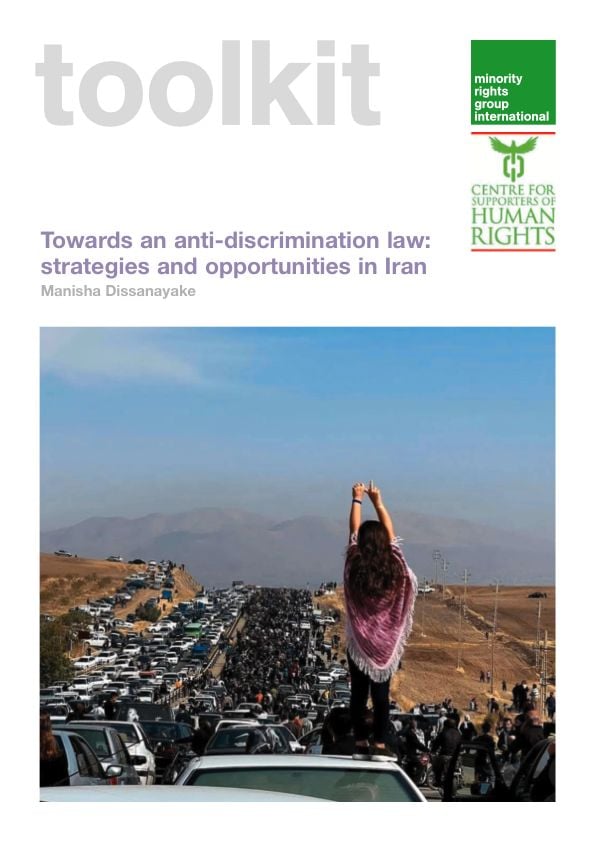
Towards an anti-discrimination law: strategies and opportunities in Iran
Faced with the unyielding political terrain in Iran, a space to protest, advocate and rethink the country’s trajectory has been willed into existence by civil society. This toolkit intends to help lawyers to navigate and utilize opportunities for reform or change in this shifting social and political space.Specifically, the toolkit offers guidance for drafting and advocating for anti-discrimination legislation in Iran with a view to tackling longstanding structural discrimination and building a peaceful and safe future for all, including the country’s minorities. Identity-based discrimination in Iran has permeated all aspects of life, including access to justice, housing, education, health, employment, the ability to participate freely in public and political life, and access to services. Minorities are also disproportionately subjected to arbitrary arrest, prolonged imprisonment, hate speech and various forms of violence.This toolkit is a comprehensive analysis of the ways in which Iranian lawyers can commence and conduct advocacy campaigns. Drawing on existing legislation in a wide range of other countries, it also provides recommendations on the design and substance of an anti-discrimination law, offering context-specific solutions to possible barriers lawyers and activists may face in this process. The advocacy and drafting exercises set out in the toolkit are in themselves useful tools for combatting and eroding entrenched norms that perpetuate discrimination.Overall, the purpose of this toolkit is to provide Iranian lawyers with practical solutions and tangible tools to navigate current circumstances, which could prove to be a turning point for Iran’s minorities.